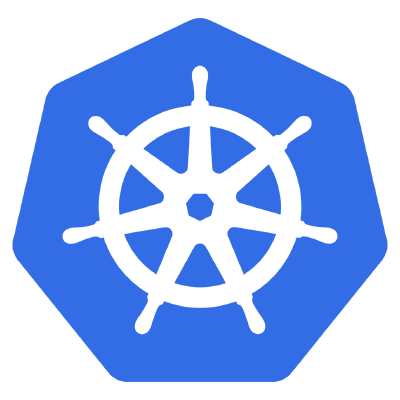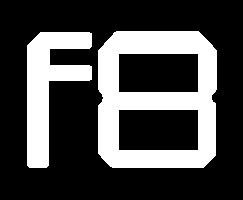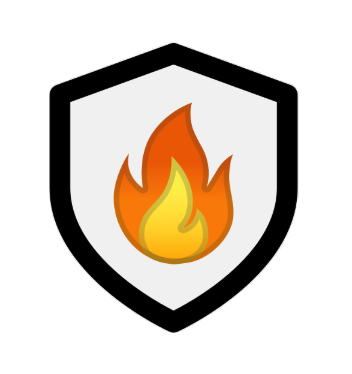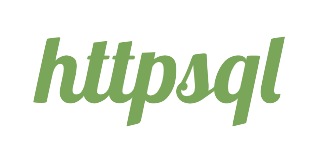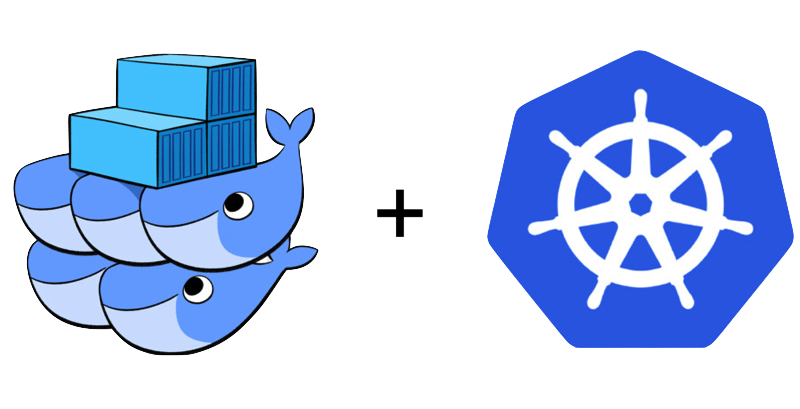While our client’s business was rapidly signing up customers, the
burden of developing and supporting an overly complex monolithic
application was quickly becoming a bottleneck, both from an effort
perspective and (cloud) infrastructure cost perspective.
Accordingly, they mobilized an effort to transition all functionality (over
time) to a new microservices architecture and brought us in to work
with key members of the development, operations, and QA teams to
lead the design, delivery, and training on new Kubernetes-based
infrastructure on AWS, built as-code with Terraform.
In one year, their new microservices were serving all production
customer traffic (while still calling out to legacy systems on the
backend when needed), being released during business hours (without
downtime) instead of nights and weekends, and autoscaling to
minimize costs, all while operations ran automatically and
transparently.





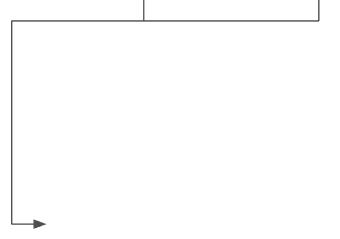


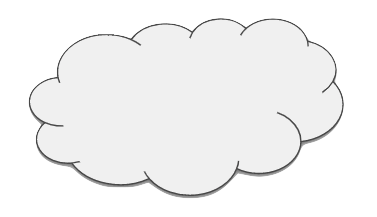




 Infrastructure and process transformation on AWS with Kubernetes
Infrastructure and process transformation on AWS with Kubernetes
 Monitoring & alerting on Kubernetes platform stability on GCP
Monitoring & alerting on Kubernetes platform stability on GCP
 Data loss prevention (DLP) through packet inspection with Suricata
Data loss prevention (DLP) through packet inspection with Suricata
 Resource cost attribution for shared Kubernetes clusters on GCP
Resource cost attribution for shared Kubernetes clusters on GCP
 Microservice development platform to support millions of IoT devices
Microservice development platform to support millions of IoT devices
 Load testing automation and reporting with Locust and Jenkins
Load testing automation and reporting with Locust and Jenkins
 Real-time scoring system to help skiers assess their performance
Real-time scoring system to help skiers assess their performance

